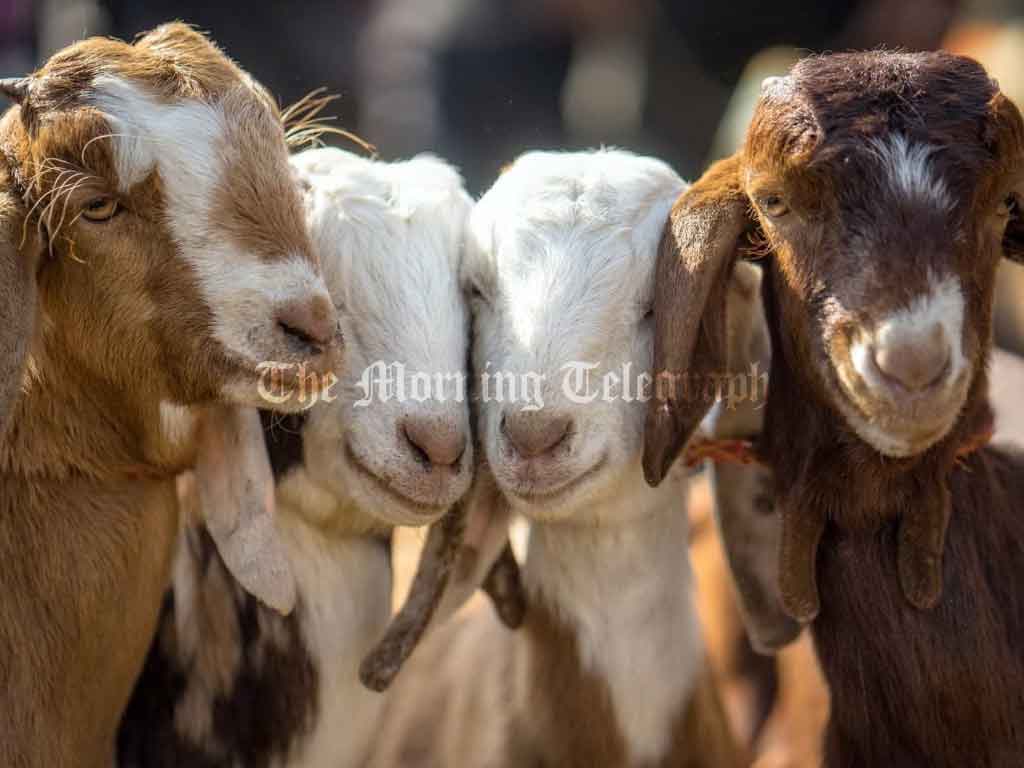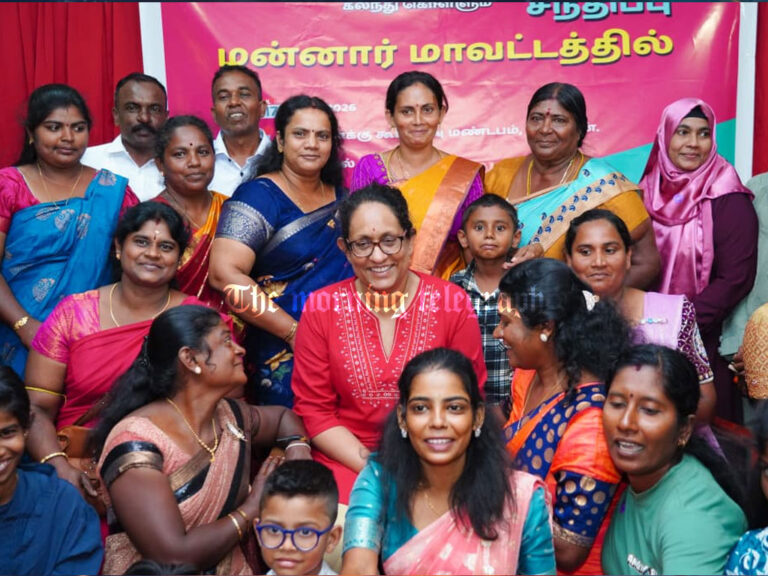
Colombo, Sri Lanka – A national audit report has revealed a shocking inefficiency in a government project aimed at breeding goats, with a total expenditure of nearly 92 million rupees resulting in the production of only 23 goats. The project, which was initiated by the Department of Animal Production and Health in 2019, set out to breed 250 Broyer goats over five years at a rate of 50 goats per year. However, by the end of the project, only 23 goats were bred, costing the government a staggering 39 lakh rupees per goat.
The audit, conducted by the National Audit Office, highlights serious discrepancies in the project’s execution. The original objective was to breed 250 goats at the Imbuldanda Goat Breeding Center, but this goal was far from met, with only 23 goats bred during the course of the project. Despite spending 91,970,290 rupees, the project generated an income of just 2,362,442 rupees, leading to a significant financial shortfall.
The Department of Animal Production and Health explained that the goats bred during the project were subjected to quarantine due to the presence of B.T. and C.A.E. antibodies, which may have contributed to the limited success. However, the financial oversight raises concerns about the cost-effectiveness and management of public funds. When accounting for the income generated, the audit revealed that an average of 3,895,993 rupees was spent per goat, highlighting the inefficiency and lack of returns on the investment.
This report has sparked criticism over the handling of government resources and the effectiveness of such projects. It also raises questions about accountability and transparency in the use of public funds, especially in agricultural development initiatives.




